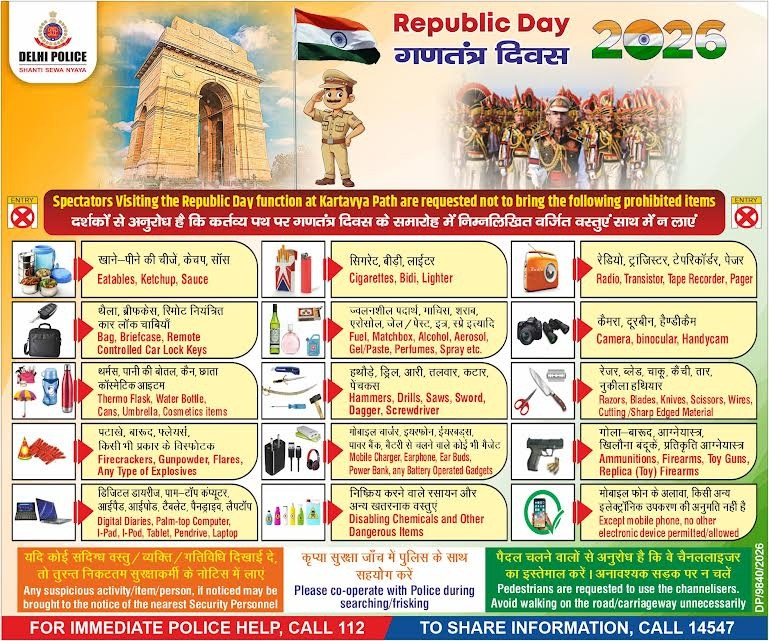
By Nidhi
info@impressivetimes.com
Ever wondered why you always reach for that same chocolate brand even when dozens of options sit on the shelf? That’s the silent power of branding—the invisible force that influences consumer choices, builds trust, and creates lasting emotional connections. From a catchy slogan to a unique color scheme or a memorable jingle, branding helps products and companies stand out in a cluttered market. It isn’t just about catching your eye; it’s about shaping your perception, creating recall, and building long-term loyalty.
Strong branding enhances a product’s recognition and recall, helping consumers instantly identify and trust what they’re buying. It goes beyond design and packaging—great branding is deeply strategic. Over time, it cultivates credibility and a sense of quality that justifies higher prices and customer preference. In competitive markets where hundreds of products scream for attention, branding creates the vital edge that defines success.
The process of branding begins with research and positioning. Companies dig deep into market trends, customer psychology, and competitive analysis to define their unique voice. Then comes the visual identity—logos, fonts, taglines, and brand colors—which must align with the brand’s story and vision. But branding doesn’t stop at visuals. From social media tone and packaging design to post-sale service and customer feedback, every consumer touchpoint must reflect the brand consistently. In essence, branding is storytelling—across platforms, consistently, with purpose.
At the heart of this branding engine is the Brand Manager—a dynamic professional who brings strategy, creativity, and analytics together. Brand managers are responsible for shaping a brand’s presence, developing campaigns that resonate with audiences, and ensuring that messaging is consistent across platforms. They track consumer trends, monitor competitors, manage digital channels, and adapt strategies to strengthen brand positioning. Every campaign, influencer collaboration, packaging redesign, or tagline rollout is carefully executed under their supervision.
Brand managers matter now more than ever. In an era where consumers are bombarded with choices, they help brands break through the noise by crafting unique and relatable identities. They are key players in building trust and credibility, which, in turn, drive customer loyalty. By fostering emotional connections with the audience, brand managers transform casual buyers into devoted brand ambassadors. Their work directly impacts customer retention, brand equity, and even company valuation.
Another critical aspect of their role is market intelligence. Brand managers constantly gather insights from digital tools, consumer behavior analytics, and industry trends to refine their strategies. This data-driven approach allows them to not only keep up with shifting preferences but also to anticipate future demands and stay ahead of the curve.
To succeed, brand managers need a hybrid skillset: creativity to conceptualize unique campaigns, communication to align cross-functional teams, leadership to drive execution, and analytical skills to interpret data and measure success. Mastering digital platforms like Google Analytics, Meta Ads, and SEO tools is no longer optional—it’s essential.
And in today’s hyper-connected world, digital marketing has become the cornerstone of successful branding. Without a digital presence, even the most innovative brands risk becoming irrelevant. Digital marketing enables brands to engage customers in real time, track campaign performance with precision, and personalize messaging to build deeper customer relationships. From Instagram reels and YouTube shorts to personalized email campaigns and influencer tie-ups, digital branding strategies have redefined how brands connect with their audience.
The benefits of digital marketing for brand managers are clear—it offers measurable ROI, builds global reach, and ensures scalability. It’s also more cost-effective than traditional methods, allowing smaller brands to compete with industry giants through smart, targeted efforts. With platforms constantly evolving, brand managers who stay digitally agile can ride new trends, leverage emerging technologies, and boost brand visibility at scale.
A successful career in brand management begins with the right education. Top business schools in India, as ranked by NIRF 2024, offer specialized MBA programs in Marketing and Brand Strategy. Courses in digital marketing, consumer psychology, and data analytics further strengthen a student’s ability to manage brands effectively in a dynamic marketplace. Choosing a program that balances practical exposure with theoretical grounding is key to stepping confidently into the industry.
In conclusion, branding is no longer just about aesthetics—it’s about strategy, psychology, and digital engagement. And brand managers are the architects who build trust, loyalty, and connection in a crowded world. As businesses increasingly seek professionals who can blend creativity with strategy and tech, brand management is emerging as one of the most impactful and rewarding career paths of the decade.



















No Comments: